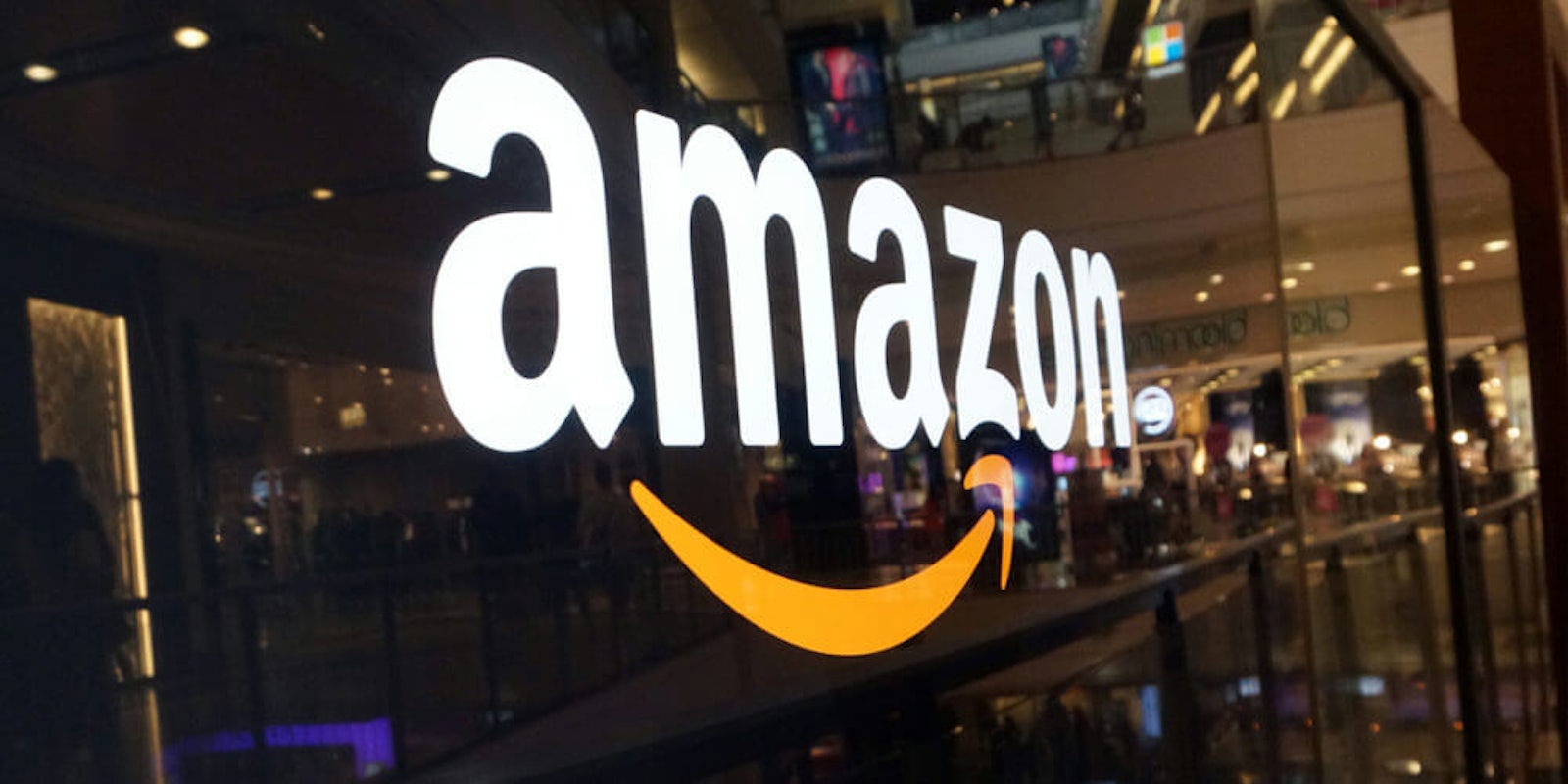As Amazon sales grew by $15 billion year over year, the e-commerce giant launched a nationwide search for its second headquarters, known informally as HQ2. And after more than a year of waiting, New York City and Northern Virginia will split HQ2, according to the New York Times.
These two major locations will house as many as 50,000 full-time employees with more than $5 billion planned investments over the next two decades.
An Amazon insider talked to the New York Times and confirmed Long Island City in New York and Crystal City in Northern Virginia, just south of the nation’s capital, were picked due to their talented labor force, good inter-city connectivity, diverse residents, and vibrant business climate. Future employees can earn more than $100,000 per year. But will it really make the lives of the residents there better?
On Twitter, New Yorkers seem upset that Amazon is moving next door.
New York City Council Member Jimmy Van Brammer and Sen. Michael Gianaris issued a joint statement about their fight against HQ2 in Long Island on Tuesday. Brammer calls for New Yorkers to oppose HQ2 by joining their campaign.
Joint statement from @SenGianaris & I on today’s Amazon deal announcement: pic.twitter.com/jTaYihfbHZ
— Jimmy Van Bramer (@JimmyVanBramer) November 13, 2018
This fight against #AmazonHQ2 is just beginning. Join us if you can on Wednesday at 11:30am in #LIC. @SenGianaris @MaketheRoadNY @nychange @RWDSU pic.twitter.com/uuRggVFIKR
— Jimmy Van Bramer (@JimmyVanBramer) November 13, 2018
An irate resident from Queens says that #AmazonHQ2 will just make their transportation system more miserable.
The 7-train is already packed to the brim with customers with no alternative.
— Tristan Dior DIOR (@ThatGuyYouKnew0) November 13, 2018
The G-train is bursting at the seams when it reaches its final destination in Long Island City.
This #AmazonHQ2 is bad for existing Queens residents.
Andddd they better also build a new highway. 25,000 people added to this already terrible traffic? I can’t even imagine #AmazonHQ2 https://t.co/Uh9YFY6mfV
— Sada Khan (@sk1994) November 13, 2018
they better be donating hella money to fix nyc’s crumbling subway system and dc’s traffic problems
— Aaron Tyler Kane (@aarontylerkane) November 13, 2018#AmazonHQ2 https://t.co/PoJabA98bh
Seattle became the fastest-growing city in the country this decade due to Amazon’s continued success. But with a massive project comes the impact on traffic and housing woes.
*inching through heavy Seattle traffic, past endless blocks of awful, identical new luxury apartment buildings* CONGRATULATIONS to Long Island City and Northern Virginia!
— Ken Jennings (@KenJennings) November 13, 2018
To sum up, Amazon is growing the number of jobs in the NYC metro area by .25%, and the number of jobs in NoVa by 1.68%, and getting $1.5 billion from NY and $573 million from Virginia to do so. https://t.co/MUYsEPwqfF
— AlanaSemuels (@AlanaSemuels) November 13, 2018
According to the Washington Post, the arrival of thousands of tech workers could worsen the inequality in the property market. Philip Tegeler, executive director of the Poverty & Race Research Action Council, supported the claim in an interview with the Post: “It’s becoming a much less economically and racially diverse county, and a huge employer like Amazon coming in is only going to increase that pressure.”
While Amazon has created a positive tech boom in Seattle, Amy Liu, director of the Metropolitan Policy Program at the Brookings Institution, says there are also tradeoffs. In Liu’s interview with the Washington Post, she shares, “Amazon also led to a rise in homelessness, housing unaffordability and such stark inequality that created a lot of political and community distrust.”
According to the New York Times, Amazon assures that New York City and Northern Virginia would be the “full equal to our current campus in Seattle.” For the tech giant, choosing two cities will be more beneficial as it minimizes housing and traffic problems in one place. And experts say this can be a form of leverage in negotiating tax incentives. In the recent Washington Post report,it’s estimated that HQ2 will get a $2.8 billion tax break.
Will be benefits of HQ2 will outweigh the costs? According to the Atlantic, around $90 billion in tax breaks and grants is annually given to companies to incentivize moves. That’s money that doesn’t go toward government housing, education, infrastructure, and welfare projects. One thing is for certain: The respective futures of these urban hubs will look a lot different.


